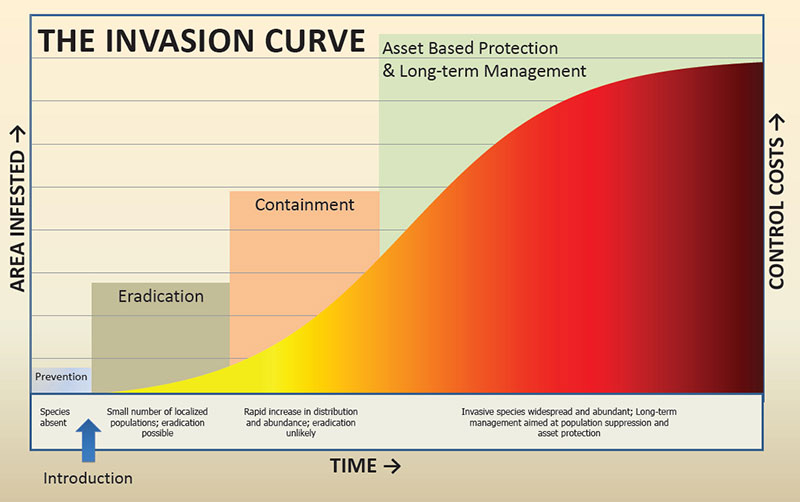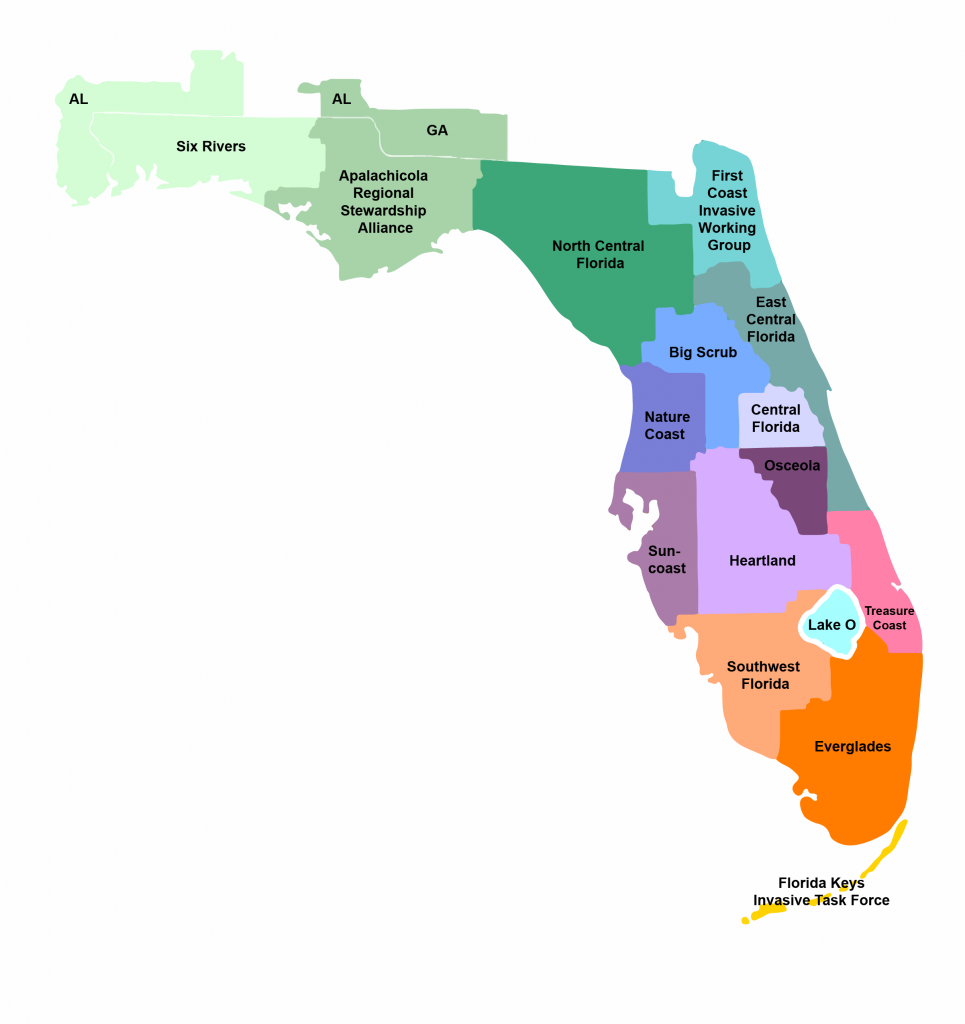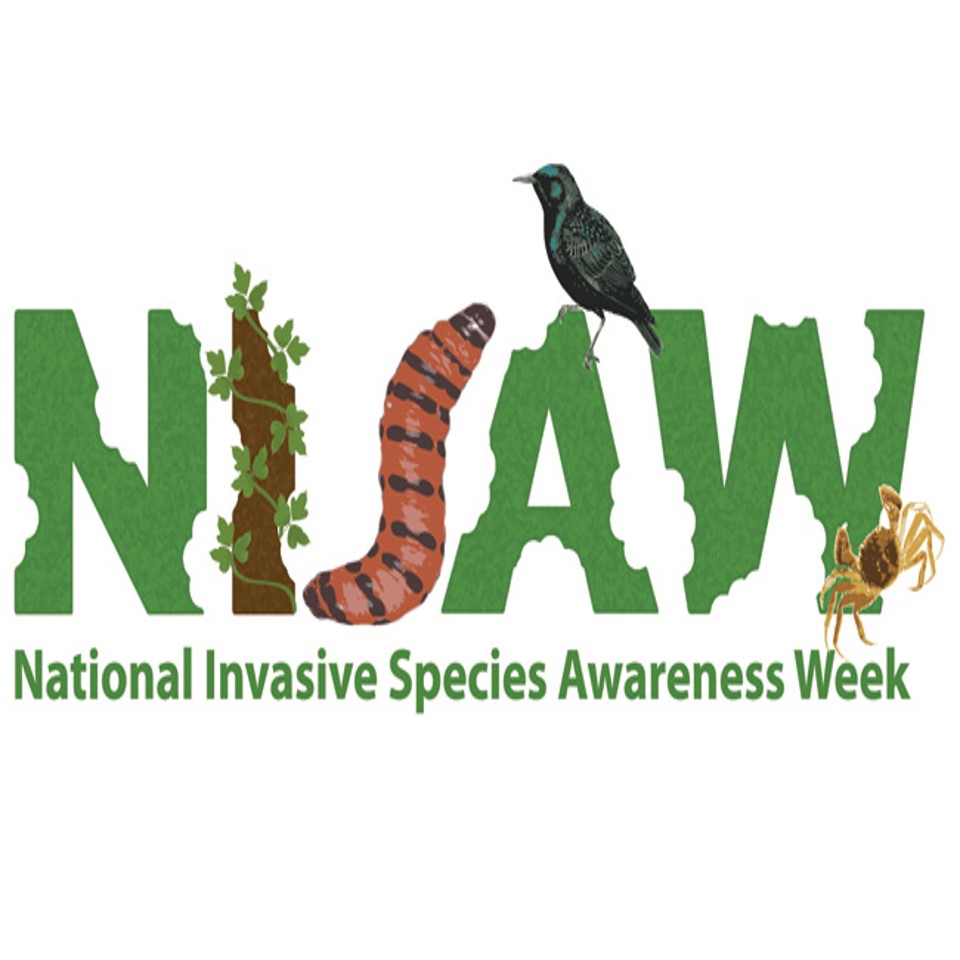National Invasive Species Awareness Week (NISAW) is a national initiative where agencies and organizations provide information on invasive species issues to decision and policy makers. It can also be a time where we provide that information to the general public.
Invasive species are a global problem threatening biodiversity everywhere. Many create economic problems for the communities they invade, and management can be costly. The University of South Florida has estimated the cost to be around $21 billion a year in the U.S. alone. The most effective method of management is to detect the invader early and respond rapidly.

Florida is certainly no stranger to invasive species. In fact, with our climate and international travel, we have some of the largest problems. The Burmese python is a well known, but we also have problems with lizards, frogs, snakes, fish, snails, insects, mussels, and a large variety of plants. The state is divided into 15 Cooperative Invasive Species Management Areas (CISMAs). Two of these – Six Rivers and the Apalachicola Regional Stewardship Alliance (ARSA) cover the panhandle. Members of these CISMAs (which includes UF IFAS Extension) conduct management and education projects on local invasive species within their areas and also have a EDRR list for that area. An EDRR list is the Early Detection Rapid Response – the ones to be on the look out for.
Six Rivers CISMA – https://www.floridainvasives.org/sixrivers/.
Apalachicola Regional Stewardship Alliance – https://www.floridainvasives.org/apalachicola/.

Over the next few days UF IFAS Extension Agents from across the panhandle will be posting articles about the larger threats in their counties. We will be posting these by county so that both decision makers and the general public will be able to see which species are of most concern in their region.
If you have questions about invasive species in your area, or how to manage them, you can contact your county extension office for help.

- Snake Watch 1st Quarter Report; 2024 - April 20, 2024
- Now is the Time to Search for Invasive Cogongrass - April 20, 2024
- Searching for Mangroves in the Florida Panhandle - April 6, 2024
